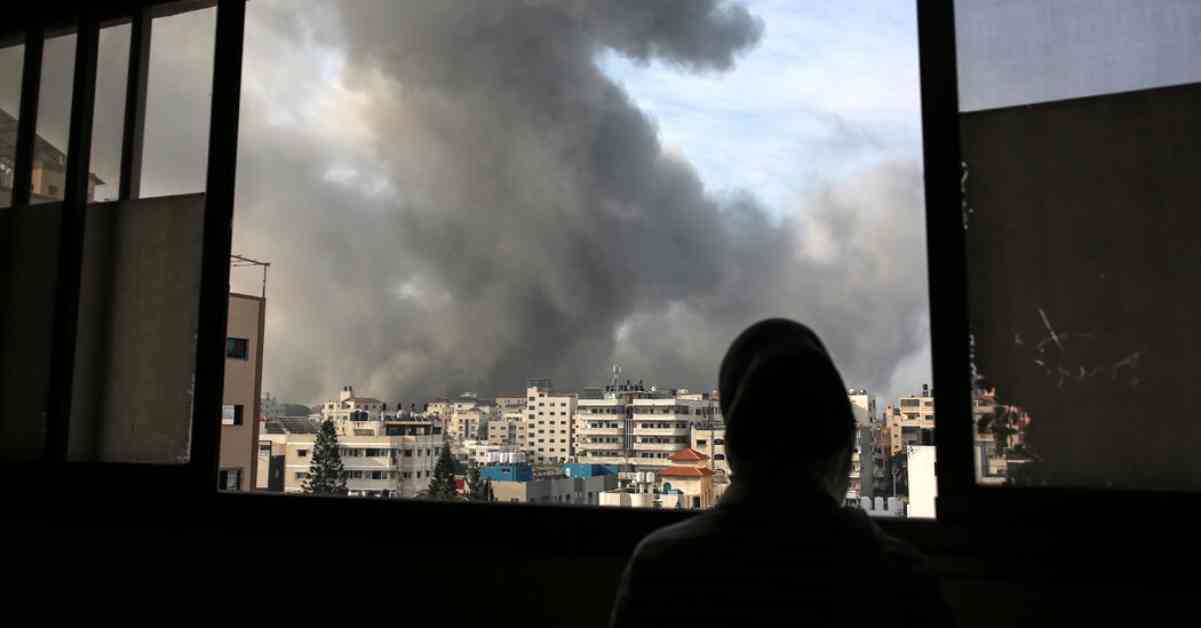Najia and Hammam Malaka have been separated by the ongoing conflict in the Gaza Strip, leaving them stranded at different ends with their young children, facing immense emotional distress.
Amidst the airstrikes and bombings in Gaza City, the Malaka family, expecting a new baby, found themselves torn apart. With the military ordering evacuations in the north, Hammam took their two older children south while Najia stayed behind to give birth to their two toddlers. Unfortunately, she went into labor on October 13th, the day after Hammam had already left. Since then, they have been unable to reunite, except for a few brief visits.
The conflict in Gaza has caused widespread devastation, with families like the Malakas being torn apart as a result. The constant fighting and bombing have led to the deaths of many, forcing the population of approximately two million to repeatedly flee and separate. The risks of moving around the small territory are high, with the possibility of death looming at every corner.
For the Malakas, the war has become a barrier, keeping them less than 20 miles apart but unable to come together for almost a year. Hammam expresses his deep sorrow, longing to see his family and hear their voices every day.
The struggles of the Malaka family are just one example of the countless families affected by the conflict in Gaza. The emotional toll, the physical separation, and the uncertainty of the situation weigh heavily on individuals and communities alike. The impact of war on families is profound, leaving scars that may never fully heal.
As we reflect on the story of the Malaka family, we are reminded of the human cost of conflict and the importance of seeking peace and resolution. The suffering endured by families like theirs serves as a stark reminder of the urgent need for a peaceful solution to the ongoing crisis in Gaza. Only through dialogue, understanding, and empathy can we hope to prevent more families from being torn apart and reunite those who have been separated by conflict.

